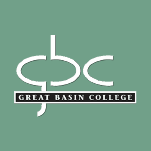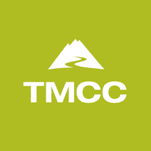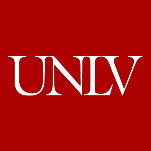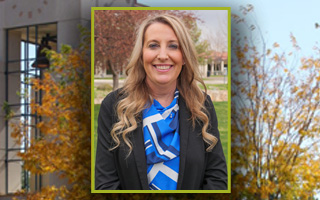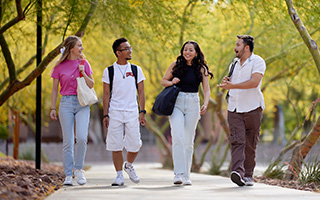Dr. Karin Hilgersom named sole finalist for TMCC presidency
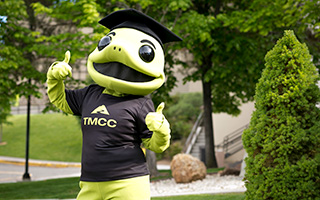
After completing a nationwide search and four days of on-campus interviews, today the TMCC President Search Committee and the Advisory Committee have nominated Dr. Karin Hilgersom as the sole finalist to serve as the college’s next president.
The Board of Regents will vote on the recommendation and contract terms during a May 2 special meeting in Reno.
“We had four outstanding candidates to choose from and our choice was not easy,” said Regent Kevin Melcher who chaired the TMCC President Search Committee. “In the end, however, we felt that Dr. Hilgersom’s leadership experience and in-depth knowledge of community college issues were an outstanding match to build on the college’s existing successes.”
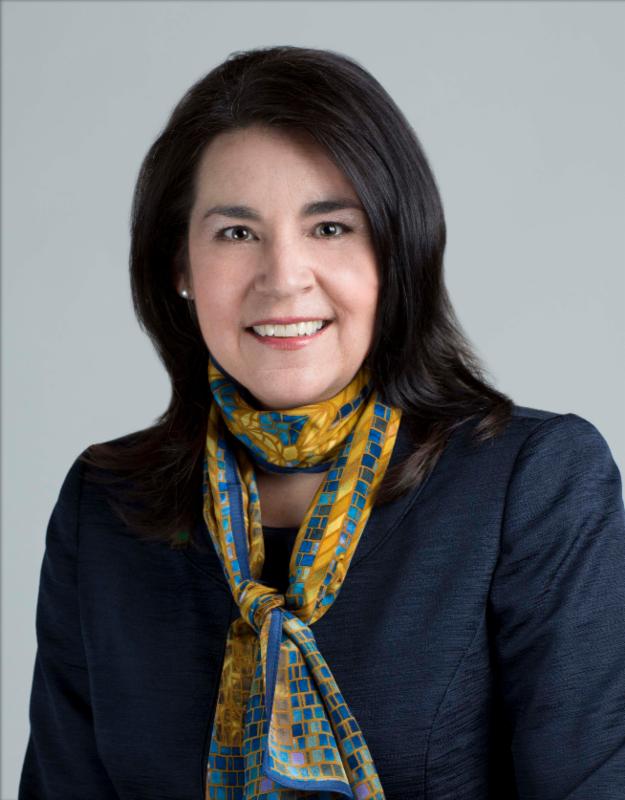
Hilgersom is currently the president of SUNY Sullivan. Prior to joining SUNY, she served as the executive vice president for Walla Walla Community College and for Central Oregon Community College.
She earned her doctorate in educational policy and
management and her masters in rhetoric and communication at the University of Oregon.
The four finalists, chosen from a national search, were Hilgersom, Dr. Barbara Buchanan, Dr. Julie Leidig, and Dr. Muddassir Siddiqi.
The TMCC President Search Committee is chaired by Regent Kevin C. Melcher and includes regents Cedric Crear, Robert Davidson, Dr. Jason Geddes, Sam Lieberman, and Allison Stephens.
Advisory members to the committee include: Dr. John Adlish, Michonne Ascuaga, Jill Atkinson, Teresa Benitez-Thompson, Elena Bubnova, Cheryl Cardoza, Mike Holmes, Collie Hutter, Estella Levario Gutierrez, Michelle Montoya, Jim New, Robyn Powers, Dr. Melanie Purdy, Rod Sanford, Gerald C. Smith, Andrew Stevenson, Gracee Tout, and David Turner.
About TMCC
Truckee Meadows Community College is a comprehensive community college located in Reno, Nevada, and is part of the Nevada System of Higher Education. With five college sites and more than 20 community locations, TMCC serves more than 16,000 students each year in state-supported programs and another 9,600 students in non-credit workforce development classes.



